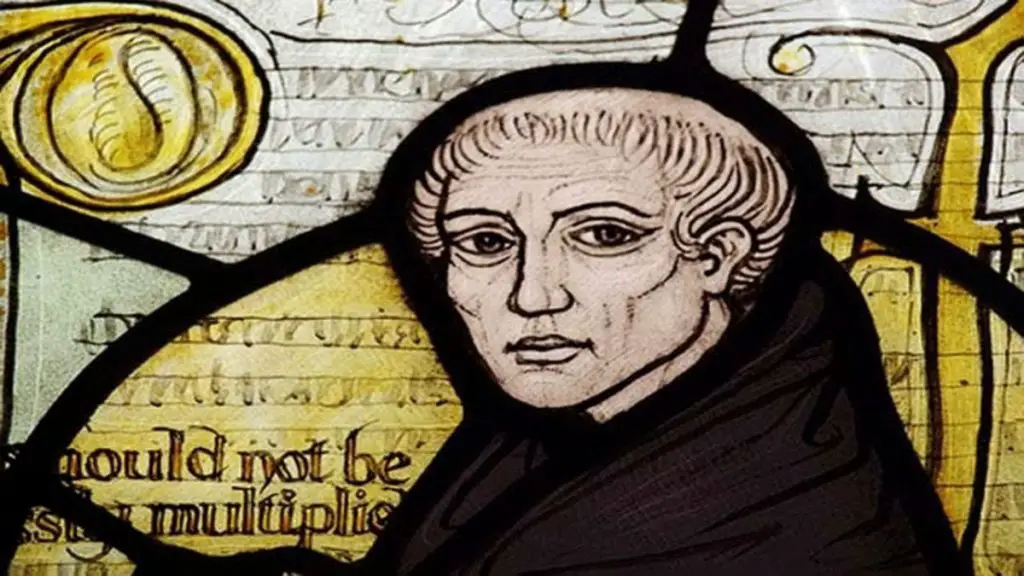

From this 'London period' date most of Ockham’s important philosophical works, his eucharistic treatises ( De quantitate and De Corpore Christi), and his great work, the Summa Logicae. Īfter this, probably in 1321, he is thought to have taught philosophy at the Franciscan Studium Generale in London, and to have worked alongside Walter Chatton and Adam de Wodeham (his foremost disciple). On 18 June 1318 he was ordained priest in Oxford and received a licence to hear confessions. He began studying theology at Oxford, probably in 1317, when he began the requisite two-year period of lecturing on Peter Lombard's Sentences. He continued to study philosophy and theology until he was admitted to the lectorate program at the Oxford studium in 1310. After his novitiate, he embarked on more advanced studies of logic and philosophy in London, and he was ordained subdeacon at the age of eighteen in 1306. He probably entered the Franciscans at London as puer oblatus, when he was seven or eight, where he would have received instruction in grammar and elementary logic, as well as an introduction to Franciscan life. William was born in 1287 in the village of Ockham (probably the village of that name near London in Surrey). It was through his works that he offered the principle later termed ‘Occam’s Razor’, arguing for explanations that require the least number of hypotheses.Church in Ockham, Surrey. In logic, he penned down the ‘Sum of Logic’, a work in which he proposed the use of new concepts in logic as well as a new logical system. He actively advocated a nominalist philosophy, putting the individual at the center of all experience and regarding all universals as mere mental concepts. Ockham firmly believed that faith and private revelation were crucial for an individual to be able to reach the truth.

William died in 1347 and his ex-communication was lifted by Pope Innocent VI in 1359.
#PENSAMIENTO DE OCKHAM FULL#
The dispute with the Papacy also led him to put more trust in the temporal monarchs, arguing in his subsequent treatises that the emperor should have full control over the church and the state in the Holy Roman Empire.įollowing his flight from Avignon, William had been excommunicated. While living in exile from the Papacy, William defended his views in writing and criticised the views of John XXII as heretical. As a result, William fled the proceedings of the papal court in Avignon in 1328 and sought refuge in the court of Louis IV of Bavaria, Holy Roman Emperor at the time. Since Franciscans, including William, avidly believed in apostolic poverty while Pope John XXII at the time disapproved of it, the issue put the leading Franciscans at odds with the Papacy.

He then had to appear before a papal court to defend the commentary.Ī more troublesome conflict with Church authorities came in 1327 when William was once again summoned to a papal court and was embroiled in a debate about apostolic poverty. However, his commentary didn’t find approval with the Church authorities and was deemed unorthodox.

Disputes with the Church and PapacyĪround 1324, William penned down a commentary on the ‘Sentences’ of Peter Lombard. This means that although he became a teacher at the university, his title continued to be that of a student. He further studied theology at the University of Oxford where he continued to study until 1321.Īlthough he completed all prerequisites of a master’s degree at the university, he was given the title of an Inceptor rather than a Regent Master. It was as a part of the Order that he was able to have access to a vast body of literature, both philosophical and theological. William of Ockham was born in 1285 and he became a part of the Franciscan order of friars are a very young age.


 0 kommentar(er)
0 kommentar(er)
